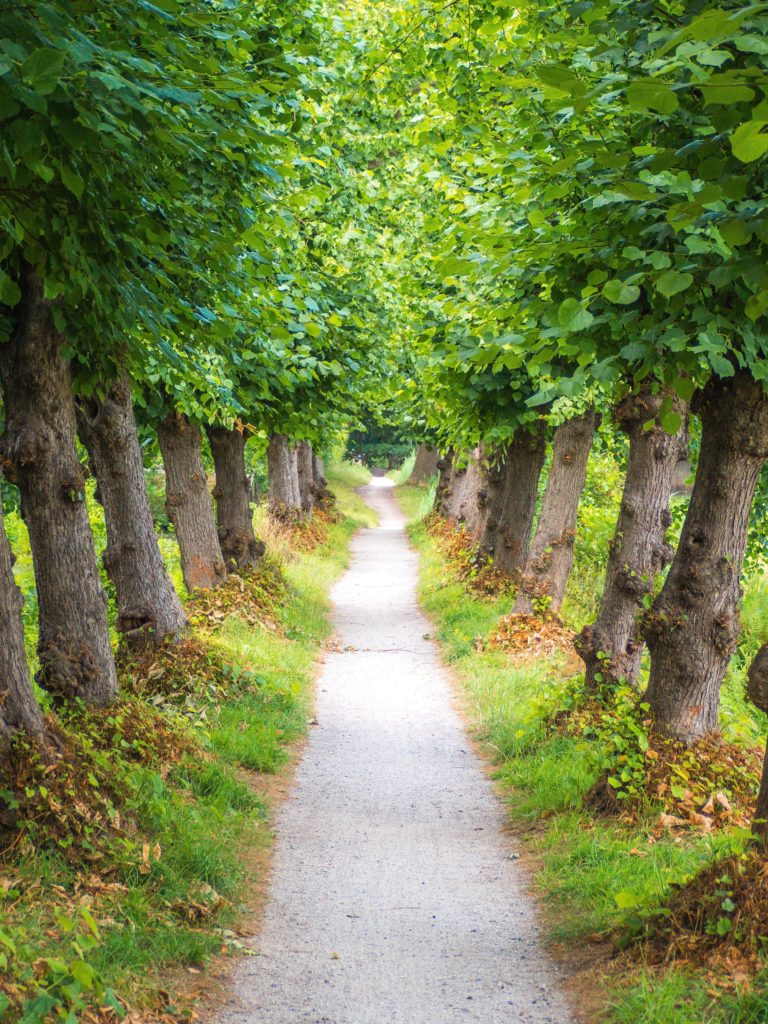
I knew that spending time outside was good for me before reading Florence Williams’s, “The Nature Fix.”
To be honest, I wasn’t sure I’d learn anything new from the book.
I was wrong.
Williams decided to write the book after a move from Boulder, Colorado to Washington D.C. left her depressed and wondering if it had to do with the sudden shift to metropolitan living.
Nature, Williams concludes in the book, isn’t just something nice, it is a necessity – and one that is profoundly undervalued.
Researchers have found that time in nature can reduce blood pressure, anxiety, depression, stress, rumination and mental fatigue. It can also improve attention, memory, cognition, sleep, self-esteem and happiness. And the implications may stretch beyond the psychological benefits.
Surprisingly, as powerful as experiences in nature can be, not everyone benefits. Some people (around 15 or 20 percent), just don’t like nature and don’t get much out of it.
My city dwelling + London loving sister comes to mind. I suspect she is a member of this minority.
So how does nature work its wonders for the people who do like it? Williams concludes that “nature appears to act directly upon our autonomic systems, calming us, but it also works indirectly, through facilitating social contact and through encouraging exercise and physical movement.”
Even a small amount of time “can make us less aggressive, more creative, more civic minded and healthier overall.”
As little as 15 minutes in the woods has been shown to reduce test subjects’ levels of cortisol, the stress hormone. Increase nature exposure to 45 minutes, and most individuals experience improvements in cognitive performance.
To stave off depression, Finnish researchers recommend five hours a month in nature, minimum. A doable amount for most of us.
At the start of the year, I introduced a daily walking habit that has proven to be life changing. I’m happier. More energetic. More relaxed. More creative.
I must admit, I’ve been scratching my head about why I didn’t do it sooner.
When working with my clients on introducing new + healthier habits, we always start small.
Given the abundance of research pointing to the benefits of getting outside, consider how you might start small.
Is it possible to carve 15 minutes out of your day to get outside? For me, avoiding social media during the day was essential.
We suffer from an “epidemic dislocation from the outdoors,” Williams writes, and it’s destructive to our mental and physical health. The therapy is straightforward. “The more nature, the better you feel.”
XO ~Robyn
Interested in a one-on-one coaching relationship with me? It would be an honor to work with you if and when the time feels right.
To learn more about Personal Health Coaching click HERE.
To schedule a Discovery Session click HERE.